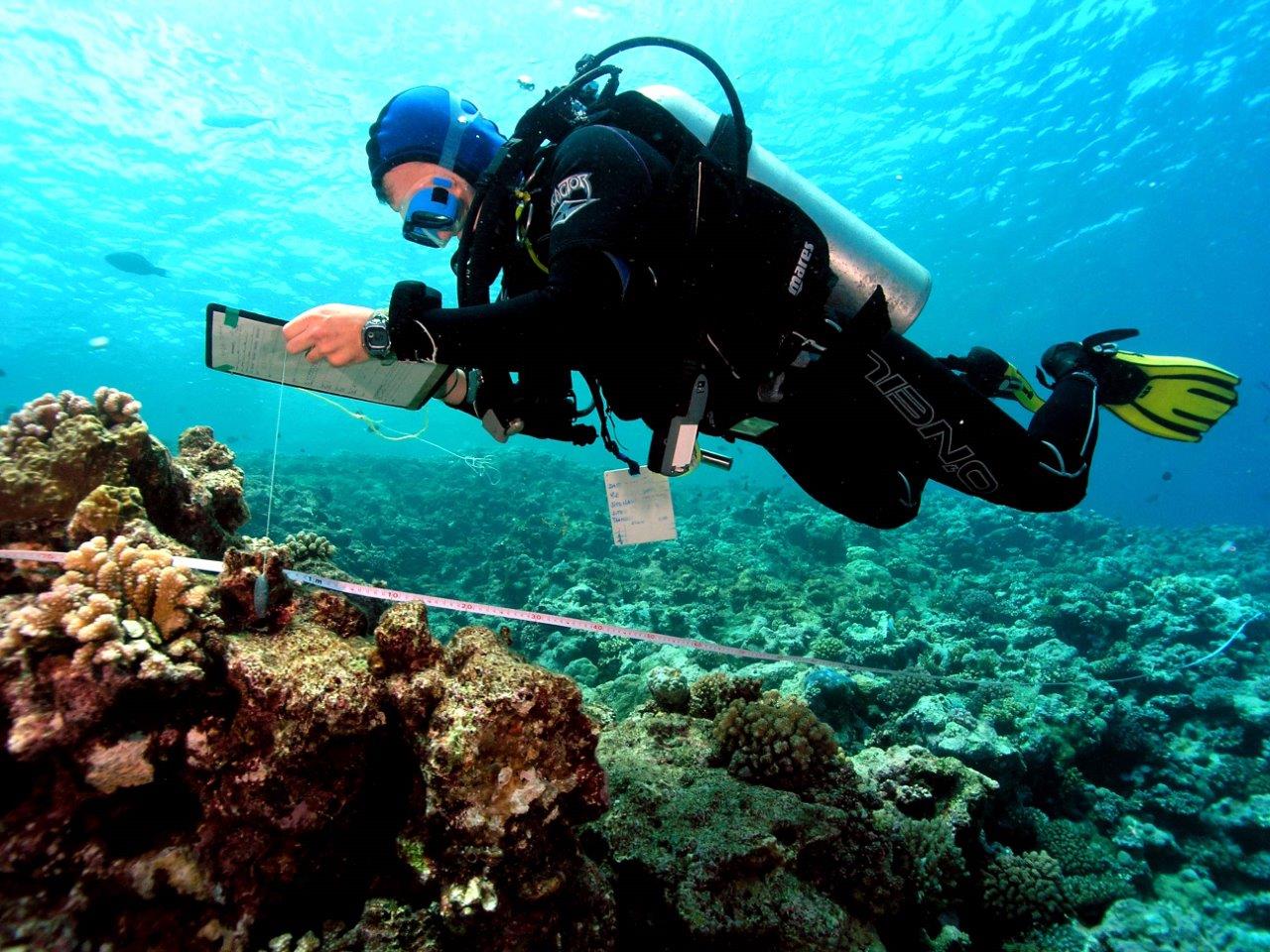
Coral reefs, often described as the rainforests of the sea, are vital to marine life and human communities alike. They provide habitat for countless species, protect coastlines from erosion, and support fishing and tourism industries. Yet, these underwater ecosystems face threats from climate change, pollution, and overfishing, making their conservation a critical issue. Coral conservation is not just about preserving beauty; it's a fight for biodiversity and sustainability. In this blog post, we'll dive into 18 fascinating facts about coral conservation, shedding light on why these efforts are essential and how they can make a difference. From innovative restoration projects to simple actions individuals can take, understanding these facts empowers us to contribute to the preservation of our planet's precious coral reefs.
Understanding Coral Conservation
Coral reefs, often referred to as the rainforests of the sea, are some of the most diverse and valuable ecosystems on Earth. They provide essential services, including coastal protection, habitat for marine life, and support for fishing and tourism industries. However, these vital ecosystems face threats from climate change, pollution, overfishing, and destructive fishing practices. Coral conservation efforts aim to protect these underwater gardens and the myriad of life they support.
-
Coral reefs cover less than 1% of the ocean floor, yet they are home to over 25% of all marine species.
-
The largest coral reef system in the world is the Great Barrier Reef in Australia, stretching over 2,300 kilometers.
The Importance of Coral Reefs
Coral reefs are not just beautiful underwater landscapes; they are crucial for marine life and human communities. They act as nurseries for many species of fish, providing a safe haven for young fish to grow and thrive. For humans, coral reefs have a direct impact on the economy, especially in areas reliant on tourism and fishing.
-
Healthy coral reefs can reduce wave energy by up to 97%, protecting coastlines from storms and erosion.
-
Coral reefs contribute to the global economy, with an estimated value of $375 billion per year through goods and services.
Threats to Coral Reefs
Despite their importance, coral reefs are under threat. Climate change is the biggest challenge, causing ocean temperatures to rise and leading to coral bleaching. Pollution from land, including agricultural runoff and plastic waste, also severely impacts these ecosystems. Overfishing and destructive fishing practices further threaten coral health and the balance of marine life.
-
Coral bleaching occurs when corals are stressed by changes in conditions such as temperature, light, or nutrients, causing them to expel the symbiotic algae living in their tissues and turn completely white.
-
It's estimated that about 20% of the world's coral reefs have been destroyed, with another 24% in imminent danger of collapse within the next few decades.
Coral Conservation Efforts
Conservationists and scientists are working tirelessly to protect and restore coral reefs. Efforts include establishing marine protected areas, restoring damaged reefs through coral gardening, and researching more resilient coral species that can withstand warmer temperatures.
-
Marine protected areas (MPAs) have been established worldwide to protect coral reefs and marine biodiversity. These areas restrict human activities, allowing ecosystems to recover and thrive.
-
Coral gardening involves the cultivation of corals in nurseries and their subsequent transplantation back into the wild to restore degraded reefs.
The Role of Technology in Coral Conservation
Innovative technologies are playing a crucial role in coral conservation. Scientists use satellite imagery and drones to monitor reef health, while artificial intelligence helps analyze data more efficiently. There are also projects exploring the use of 3D printing to create artificial reef structures that can support coral growth and attract marine life.
-
Scientists are using genetic research to identify and breed coral species more resistant to bleaching and diseases.
-
The use of underwater robots and drones allows researchers to access and study remote or deep parts of coral reefs that were previously unreachable.
How You Can Help Protect Coral Reefs
Everyone has a role to play in coral conservation. Simple actions like reducing plastic use, supporting sustainable seafood choices, and minimizing carbon footprint can make a difference. When visiting coral reefs, it's crucial to follow responsible snorkeling and diving practices to avoid damaging these fragile ecosystems.
-
Choosing reef-safe sunscreen can help protect corals from harmful chemicals that contribute to coral bleaching.
-
Participating in local beach cleanups helps reduce pollution that can eventually make its way to coral reefs.
-
Supporting organizations and projects focused on coral conservation can amplify efforts to protect and restore these vital ecosystems.
The Future of Coral Reefs
The future of coral reefs depends on the actions taken today to mitigate threats and protect these ecosystems. With concerted global efforts, it's possible to preserve coral reefs for future generations. This includes reducing greenhouse gas emissions, protecting marine habitats, and investing in research and conservation initiatives.
-
Coral reefs have been around for over 500 million years, surviving natural changes and events. With human help, they can continue to thrive despite current challenges.
-
Education and awareness about the importance of coral reefs and the threats they face are crucial for generating support for conservation efforts.
-
Community involvement in conservation projects can lead to more successful outcomes and sustainable practices.
-
International cooperation is essential for addressing global threats to coral reefs, such as climate change and ocean acidification.
-
Innovations in science and technology offer hope for new methods to protect and restore coral reefs, ensuring their survival for years to come.
A Final Dive into Coral Conservation
Coral reefs, often dubbed rainforests of the sea, are in dire need of our help. With threats like climate change, pollution, and overfishing, it's clear action is needed now more than ever. Every small step towards reducing carbon footprints, supporting sustainable seafood choices, and advocating for marine protected areas makes a difference. Remember, coral conservation isn't just about saving corals; it's about preserving the rich biodiversity they support and the livelihoods of communities worldwide. So, let's keep spreading awareness, pushing for change, and doing our part to ensure these underwater marvels are around for generations to come. After all, protecting coral reefs is not just an act of environmental preservation; it's a testament to our commitment to a healthier planet.
Was this page helpful?
Our commitment to delivering trustworthy and engaging content is at the heart of what we do. Each fact on our site is contributed by real users like you, bringing a wealth of diverse insights and information. To ensure the highest standards of accuracy and reliability, our dedicated editors meticulously review each submission. This process guarantees that the facts we share are not only fascinating but also credible. Trust in our commitment to quality and authenticity as you explore and learn with us.


